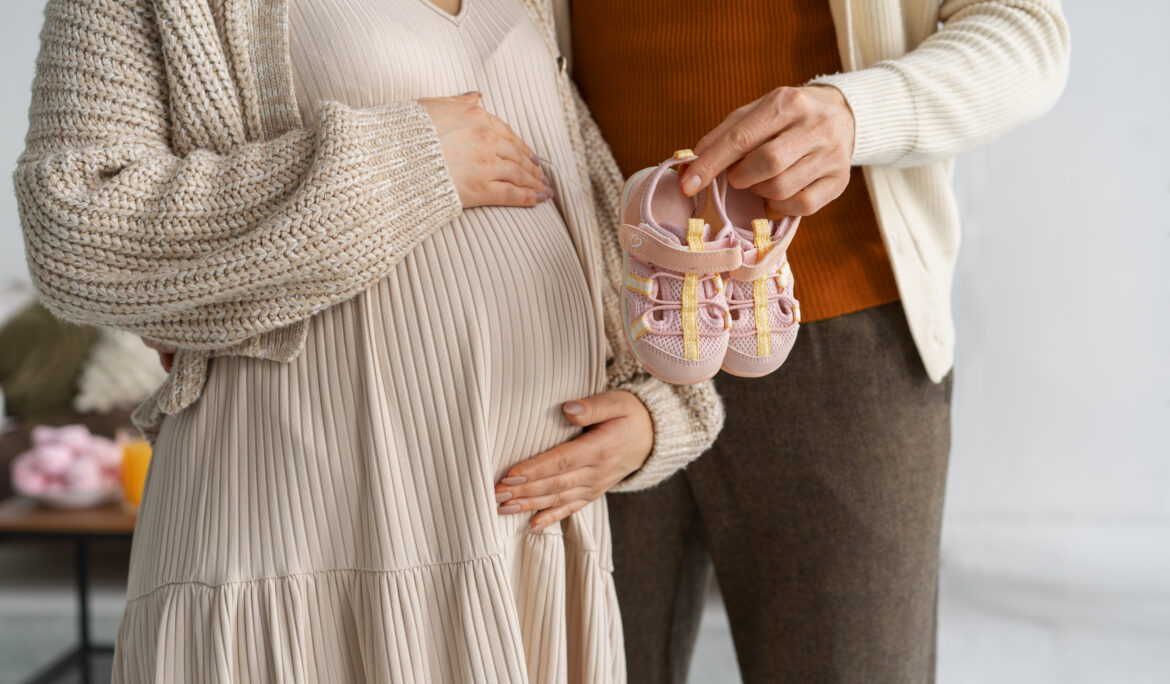Can MKH Therapy Enhance the Success Rate of IVF?


Yes, MKH therapy can potentially enhance the success rate of IVF by improving ovarian health, increasing egg quality, and creating a better environment for embryo implantation.
In-vitro fertilization (IVF) is a popular fertility treatment that has helped countless individuals and couples achieve pregnancy. However, not every IVF cycle is successful, particularly for women with poor egg quality or diminished ovarian reserve. MKH (Mesenchymal Kök Hücre) therapy offers a regenerative approach that can potentially improve IVF outcomes. In this article, we’ll explore how MKH therapy can enhance the success rate of IVF and benefit those undergoing fertility treatments.
How MKH Therapy Works in Fertility Treatments
MKH therapy utilizes regenerative cells derived from the patient’s own body tissues, such as bone marrow or adipose tissue. These cells are rich in healing and regenerative properties, allowing them to repair damaged ovarian tissues, improve egg quality, and enhance overall reproductive function. When used alongside IVF, MKH therapy can optimize the ovarian environment, giving the eggs a better chance to develop into healthy embryos.
| Benefit | How MKH Therapy Helps |
|---|---|
| Improved Ovarian Function | Regenerates ovarian tissues, enhancing egg production |
| Better Egg Quality | Enhances egg health, leading to better embryo development |
| Enhanced Uterine Environment | Improves the likelihood of successful embryo implantation |
Ways MKH Therapy Can Boost IVF Success
1. Improving Ovarian Function
Women with diminished ovarian reserve or poor ovarian function often face challenges in IVF cycles. MKH therapy can rejuvenate ovarian tissues, stimulating healthier egg production and improving the chances of retrieving viable eggs during the IVF process.
2. Enhancing Egg Quality
Poor egg quality is one of the leading causes of IVF failure. MKH therapy works at the cellular level to enhance egg quality, ensuring that the eggs used in IVF cycles are healthier and more likely to fertilize successfully. This leads to the development of stronger embryos and higher chances of pregnancy.
3. Promoting a Healthier Uterine Environment
In addition to improving ovarian health, MKH therapy may also promote a healthier uterine environment, making it more conducive for embryo implantation. This can be particularly beneficial for women who have experienced multiple failed IVF cycles due to implantation issues.
Who Can Benefit from Combining MKH Therapy with IVF?
MKH therapy may be ideal for individuals and couples who:
- Have experienced multiple failed IVF cycles
- Have poor egg quality or diminished ovarian reserve
- Are of advanced maternal age
- Are seeking to improve overall reproductive health before undergoing IVF
| Candidate Type | Why MKH Therapy Helps |
|---|---|
| Women with Diminished Ovarian Reserve | Improves ovarian function and egg production |
| Women with Poor Egg Quality | Enhances egg quality, leading to better embryo development |
| Women with Failed IVF Cycles | Creates a healthier environment for successful embryo implantation |
How MKH Therapy Is Administered During IVF
MKH therapy is a minimally invasive procedure that involves harvesting regenerative cells from the patient’s own tissues, such as fat or bone marrow. These cells are processed in a lab and then injected into the ovaries or other reproductive tissues to stimulate regeneration and healing. The therapy is typically administered before the start of an IVF cycle, allowing the ovaries and reproductive system to be in the best possible condition for egg retrieval and embryo transfer.
| Step | Description |
|---|---|
| Initial Consultation | The fertility specialist assesses the patient’s condition and suitability for MKH therapy |
| Cell Collection | Mesenchymal cells are harvested from the patient’s tissues (e.g., fat or bone marrow) |
| Injection | MKH cells are injected into the ovaries or uterus to promote tissue regeneration and support reproductive health |
Is MKH Therapy Safe?
Yes, MKH therapy is generally considered safe, especially since the cells used are derived from the patient’s own body. This minimizes the risk of complications or immune rejection. However, as with any medical procedure, it’s important to consult with a fertility specialist to determine whether MKH therapy is appropriate for your specific situation.
Conclusion
MKH therapy offers a promising option for enhancing the success rate of IVF by improving ovarian function, enhancing egg quality, and creating a healthier environment for embryo implantation. For those who have experienced repeated IVF failures or face fertility challenges due to diminished ovarian reserve, combining MKH therapy with IVF could improve their chances of a successful pregnancy.
Contact us today to learn more about how MKH therapy can support your fertility journey and enhance the success of your IVF treatment.



